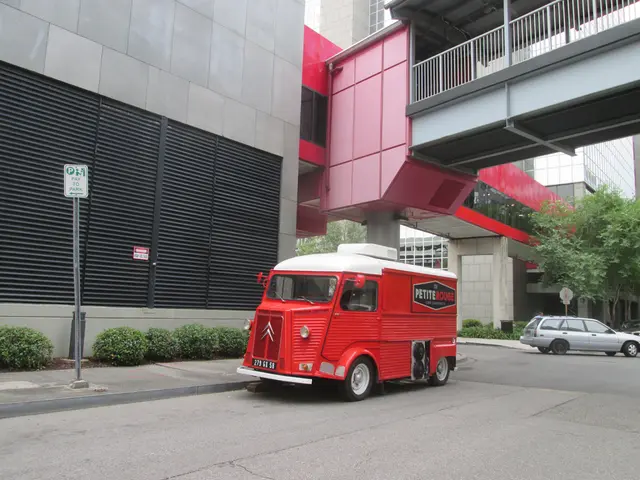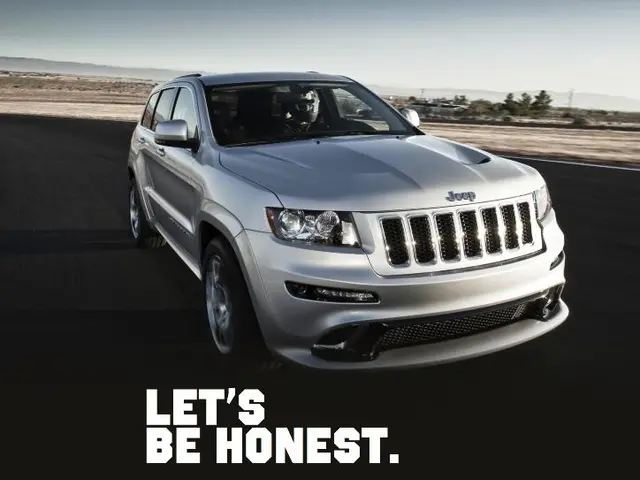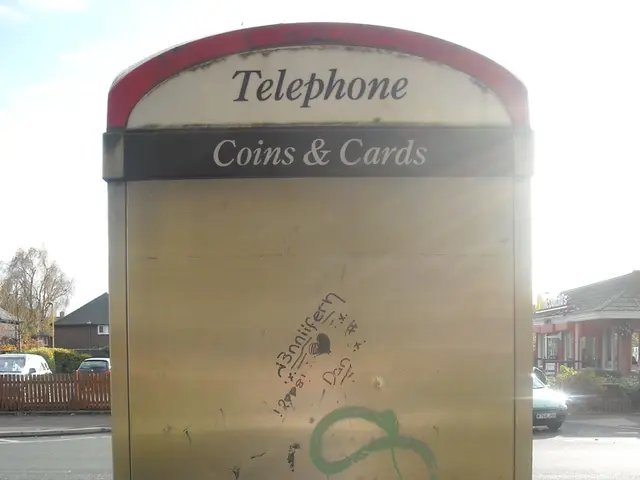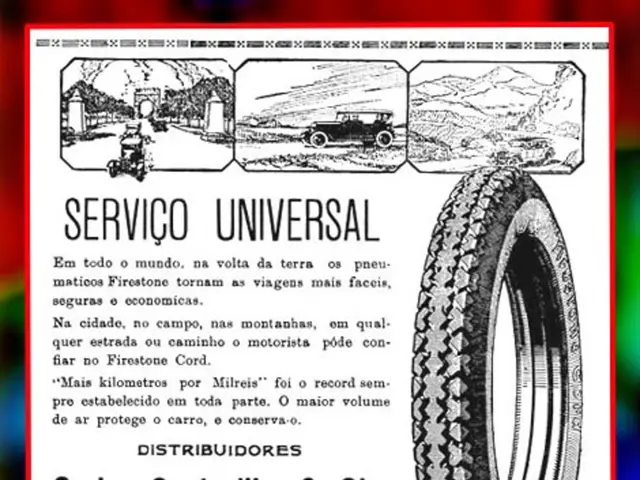Due to the presence of minor flaws, vehicles fail the TÜV inspection. - Cars are damaged during TÜV testing due to minor flaws.
Catching Costly Mistakes: Vehicles Falling Apart Over Minor Overlooks
By Christian Hensen+ - 3 Min Read
In the past year, around one out of every five vehicles failed their mandatory inspection. Shockingly, only 67.8 percent of vehicles passed without any issues. Yet, obtaining a new inspection sticker can be a breeze with some simple knowledge and proactive maintenance.
Typically, there are four categories of defects inspected at TÜV (and other inspection companies like Dekra or GTÜ). A vehicle with "no detected defects" needs little effort to receive the sticker. On the other hand, "minor defects" aren't always deal-breakers. These could be as simple as a scratched mirror or a faulty license plate light. While noted on the inspection report, immediate re-testing isn't required if the issues are minor and don't pile up.
However, things are more serious for "major defects." If the tires are worn out, brakes faulty, or supporting parts are rusted, you'll receive a failing grade. In this case, you have four weeks to fix the problems and re-test. During this period, you're free to drive the vehicle. Once your repairs are validated during re-inspection, you'll regain your sticker.
It becomes even more critical with "dangerous defects." These defects, which pose an immediate risk to safety or the environment, will lead to a denied sticker. Furthermore, if a dangerous defect is noted in the inspection report, you can only drive the vehicle to your home or workshop. Within a month, the vehicle can be presented for re-inspection. If everything is fixed, you'll receive a new sticker.
However, if the inspector identifies an "immediate traffic hazard," the vehicle could be immobilized on the spot. Road traffic participation is then immediately forbidden due to, say, faulty brake or steering systems or a severely rusted chassis.
Bypassing Defects and Securing the Inspection Sticker
Avoiding a re-inspection and securing the sticker quickly isn't a secret—TÜV provides checklists. Some things can only be checked superficially, while others are easily verifiable. For example:
- Are all lights, both interior and exterior, functioning?
- Are all glasses (headlights, windows) undamaged?
- Do the windshield wipers and windshield washer work?
- Does the car brake as expected?
- Does the horn work?
- Is the engine compartment "dry"?
- How deep is the remaining tread on the tires?
- Does the warning triangle, warning vest, and first aid kit with a valid expiration date reside in the vehicle?
- Does any warning light flicker during the drive?
- Is the paperwork (for tuning) in order?
If everything checks out, there's nothing stopping you from successfully passing the main inspection. It's easiest to obtain the sticker during an inspection. If the vehicle is already at a workshop, it's more likely that any defects will be detected and addressed before the inspector arrives, sparing you the worry and the need to go through the checklist.
Some quirks may arise during the inspection that aren't on the checklist. For instance, the removal of blind-spot mirrors attached to the vehicle mirrors is a must for inspectors. Similarly, a missing sun visor in a convertible can result in a minor defect, according to expert publications.
Inspectors also dislike films on the front windows, painted headlight covers, or seemingly suitable LED lights without explicit approval for the respective vehicle.
- TÜV
- Car
- Vehicle
- Main inspection
Additional Info:In Germany, vehicles required to pass a mandatory inspection by TÜV (Technischer Überwachungsverein) ensure safety and environmental standards compliance. Defects can be categorized as minor, major, or dangerous, with each category having different effects on the vehicle's main inspection results. Minor defects don't cause immediate failure but are noted in the inspection report, requiring prompt correction to avoid worsening. Major defects result in immediate failure, necessitating repair before re-inspection, while dangerous defects lead to both a failing inspection and a driving ban until the problems are rectified.
- The community policy for vehicle inspections, executed by TÜV, aims to maintain safety and environmental standards compliance within the industry.
- Vocational training in car-maintenance can be beneficial for individuals seeking to avoid major and dangerous defects during the mandatory vehicle inspection.
- The inspection report may categorize defects, including vocational training requirements for fixing minor issues when necessary.
- Finance and transportation sectors are likely to be impacted by the strict adherence to TÜV's community policy on vehicle inspections, ensuring that vehicles are in good working condition.
- Compliance with TÜV's regulations can help improve the overall lifestyle, as well as the automotive sector, by reducing the occurrence of costly mistakes in vehicle-maintenance.
- A sticker from Dekra, or other inspection companies like TÜV, signifies that the vehicle has passed its inspection and can operate safely on the roads, avoiding costly repairs due to minor overlooks.








